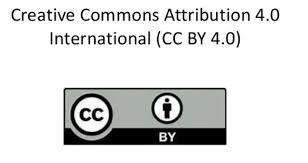Role of Income Generating Activities in Empowering Rural Women of Bangladesh
DOI:
https://doi.org/10.47440/JAFE.2022.3403Keywords:
Women Empowerment, Income-generating activities, Socioeconomic status, Factors, ObstaclesAbstract
In Bangladesh, women in rural regions are largely responsible for agricultural production, food security, and household upkeep. This study was carried out to examine the variables affecting the income of rural women, gauge women's empowerment, and pinpoint the main issues they confront. Both quantitative and qualitative data were collected through a pre-tested interview schedule from sixty women involved with income-generating activities. The multistage sampling procedure was used, and primary data were collected from Mymensingh Sadar, Muktagacha, and Bhaluka Upazila of Mymensingh district of Bangladesh from April to June 2021. Tabular analysis, Ordinary Least Square (OLS) method, Women Empowerment Index (WEI), and Problem Confrontation Index (PCI) were used for data analysis. The result shows that family size, farm size, work experience, and availability of credit have a significant positive influence on rural women's income. The estimated value of the WEI of the respondents is 1.23 which implies that women are empowered in the study area. Their capacity for decision-making has gradually enhanced as they are involved in income-generating activities. The major concerns faced by rural women include lack of capital, training facilities, credit availability and proper education, the higher price of the input, high-interest rates, etc. However, the survey still shows that rural women's involvement in income-generating activities has improved their quality of life more than at any prior point in the past.






 Publisher:
Publisher: 